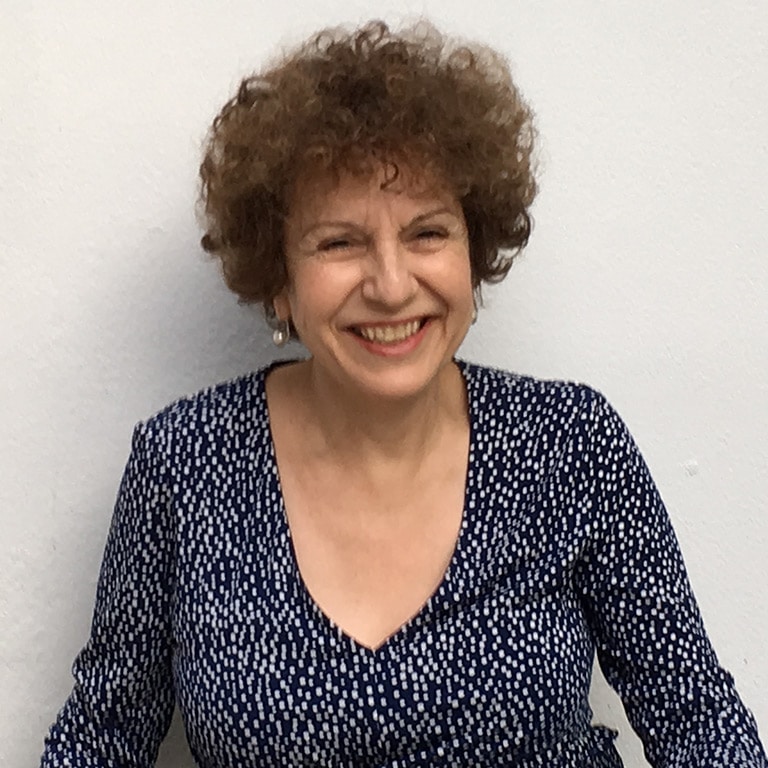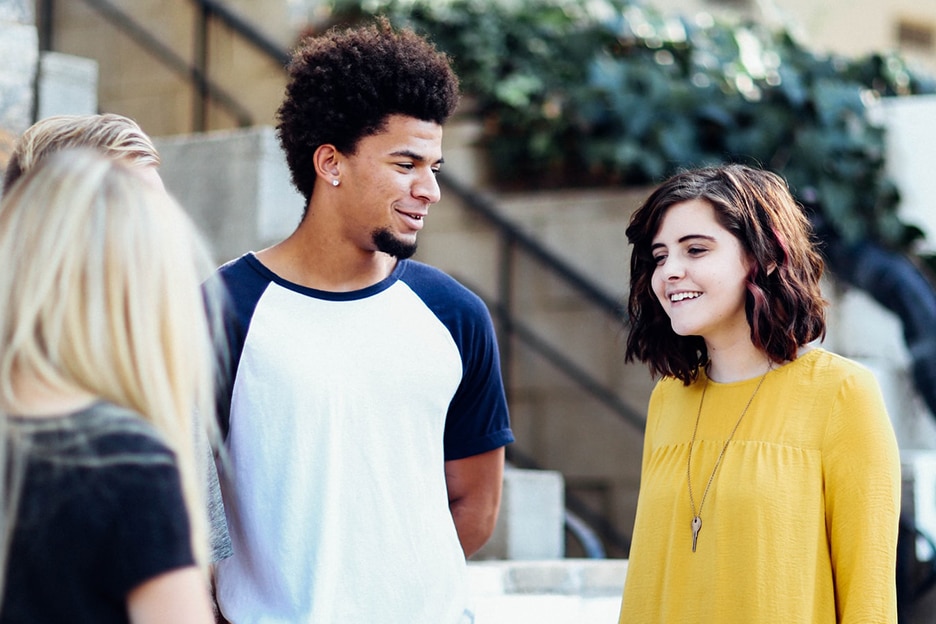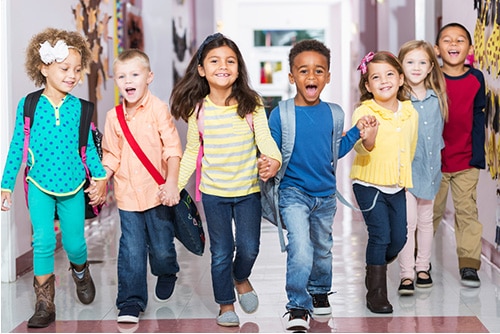How can we help young children to be mentally healthy?

Miriam Chachamu
– with expert Miriam Chachamu
How can we best help children to live mentally healthy lives and what is the most appropriate way to talk to them about mental health? We put these questions to Miriam Chachamu, a family psychotherapist and a human givens practitioner and supervisor with extensive experience of working with children, parents, families and professionals. Here are just a few of the insights and suggestions Miriam shared.
Try to understand how children think and what they need …
The HG approach sets out a clear and practical framework for what all human beings – both children and adults – need to live mentally healthy and fulfilling lives. Miriam had been working with children and families for a while when she first discovered the HG approach – and she felt a penny drop. At the core of the approach is the idea that every single one of us is born with innate emotional needs and the resources to fulfil these needs – “the human givens” – and that when our needs are met, healthily and in balance, we will thrive. Looking through the lens of needs and resources provided the clarity she needed to help children, their parents and families as a whole to unlock positive new ways forward.
Resources
We have created a poster – specially for children – which illustrates our innate emotional needs.
So much of children’s challenging behaviour – and the emotional struggles they face – is a response to one of their emotional needs not being met, Miriam says. We need to become familiar with our innate emotional needs and help children, families and teachers to understand that feelings – or emotions – happen for a reason; they are alarm systems, telling our brains that we need to take action and mobilising us to get one of these innate emotional needs met.
Miriam has worked extensively on developing techniques for creating an environment in which not only children but also the rest of the family, class or school can get their emotional needs met, enabling them to thrive. She shares these techniques, new research about children’s brain development and emotional wellbeing and many other insights into how children’s minds work on her one-day workshop.
Try to develop skills for communicating effectively with children …
Communicating effectively is not always easy and there will be no one recipe that fits all children. We need to take our time, discover how different children communicate and try not to fix everything at once – take a longer-term view, Miriam says, and progress gradually.
When it comes to talking with children specifically about mental health, Miriam says that discussing our emotions and experiences needs to be a normal part of everyday life. The language of feelings needs to be built in from a young age. As parents and carers, it is helpful for us to talk to children often – in terms they will understand – about how we are feeling and what we are thinking and encourage them to do the same.
When talking about feelings, we can make this our overarching message: “If you feel unhappy, you can tell me, and there is a lot I can do to help – there is always something we can do, there is always a solution and we can find it together”. Talking about films you’ve watched together, or books you’ve read, can be a great way to discuss feelings, to normalise challenges and difficult emotions and to show children examples of people reaching out for help, finding solutions and moving forward.
Taking this approach can also help us to avoid psychological jargon and clinical diagnostic language – such as “anxiety disorder” or “self-harm” – which Miriam warns against, as these labels can sound frightening and confusing to a child.
Don’t strive for perfection …
As parents and carers in today’s world, we can often feel there so much pressure on us to think about what children are eating, who they are mixing with and how we can make our time with them as meaningful and as valuable as possible. We can easily become stressed, Miriam says, and begin to feel that if we have not done everything “exactly right”, the child will somehow be damaged. As we become stressed, the child can become stressed and before we know it, everyone is on a downward spiral.
Of course, if we are concerned, we should ask for help, but instead of aiming for perfection, Miriam suggests, we should aim for “good enough” – and accept that good enough really is just that.
Miriam's courses
Listen to the Podcast
How can we improve children’s difficult behaviour?
Miriam is a family psychotherapist and a human givens practitioner, with many years experience. She has helped numerous children, families and professionals understand and overcome behavioural and mental health problems, and now provides workshops and courses to parents who wish to help their children and adolescents become their best.
This podcast includes tips and techniques for achieving good mental wellbeing and family relationships plus how to help children who have a low self-esteem or suffer from anxiety.
‘Ask The Expert’ podcast series
Listen to the full series and more on your favourite podcast player! Available on Apple Podcasts, Spotify and Soundcloud.


